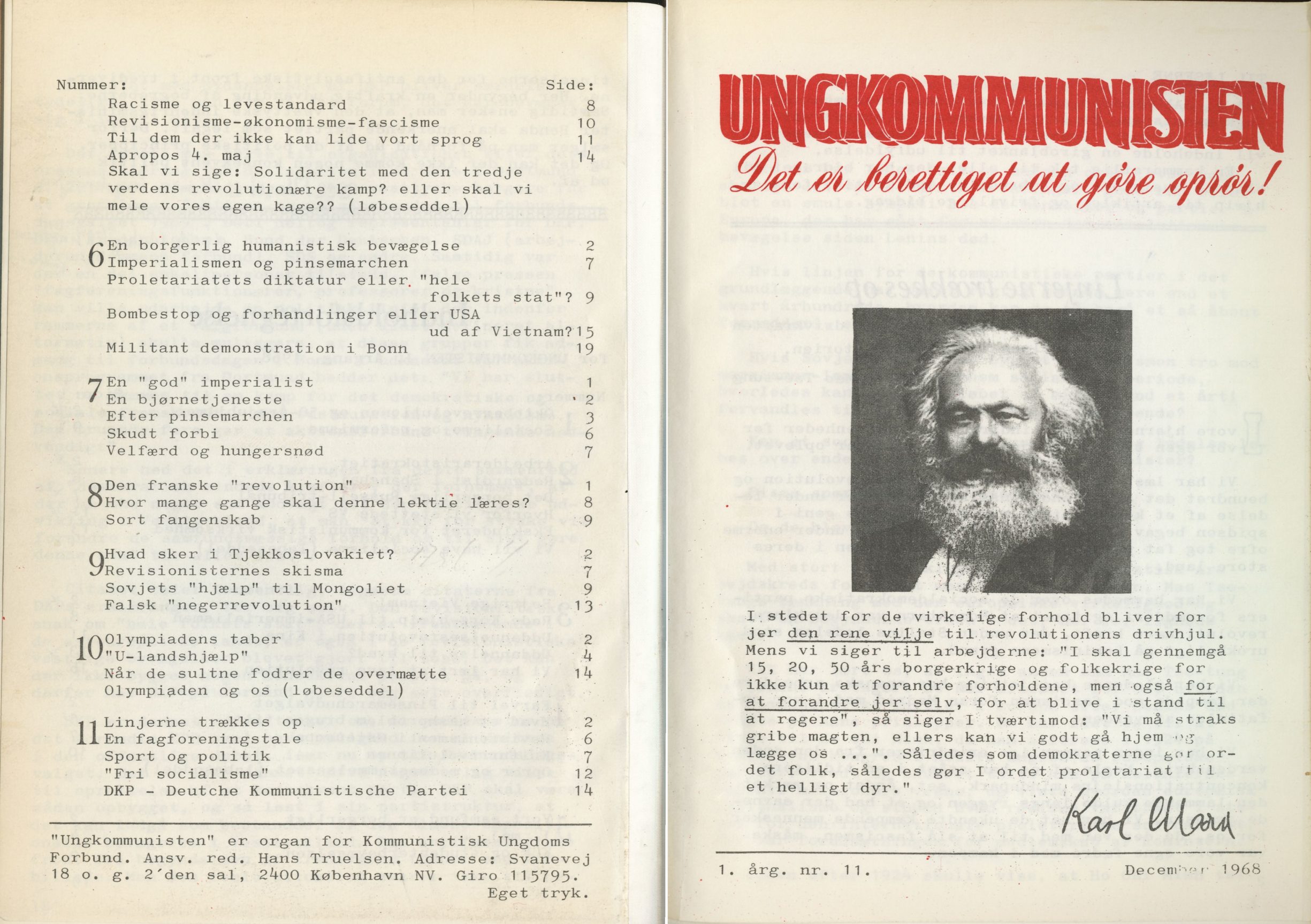About the text:
From: On Colonies, Industrial Monopoly and Working Class Movement, Futura, 1972, 57 p., p. 32-33.
(Extract)
… Nevertheless, both my utterance on this Irish amnesty question and my further proposal to the General Council to discuss the attitude of the English working class to Ireland and to pass resolutions on it have of course other objects besides that of speaking out loudly and decidedly for the oppressed Irish against their oppressors.
I have become more and more convinced – and the only question is to drive this conviction home to the English working class – that it can never do anything decisive here in England until it separates its policy with regard to Ireland most definitely from the policy of the ruling classes, until it not only makes common cause with the Irish but actually takes the initiative in dissolving the Union established in 1801 [8] and replacing it by a free federal relationship. And this must be done, not as a matter of sympathy with Ireland but as a demand made in the interests of the English proletariat. If not, the English people will remain tied to the leading-strings of the ruling classes, because it will have to join with them in a common front against Ireland. Every one of its movements in England itself is crippled by the strife with the Irish, who form a very important section of the working class in England. The prime condition of emancipation here – the overthrow of the English landed oligarchy – remains impossible because its position here cannot be stormed so long as it maintains its strongly entrenched outposts in Ireland. But there, once affairs are in the hands of the Irish people itself, once it is made its own legislator and ruler, once it becomes autonomous, the abolition of the landed aristocracy (to a large extent the same persons as the English landlords) will be infinitely easier than here, because in Ireland it is not merely a simple economic question but at the same time a national question, since the landlords there are not, like those in England, the traditional dignitaries and representatives of the nation, but its mortally hated oppressors. And not only does England’s internal social development remain crippled by her present relations with Ireland; her foreign policy, and particularly her policy with regard to Russia and the United States of America, suffers the same fate.
But since the English working class undoubtedly throws the decisive weight into the scale of social emancipation generally, the lever has to be applied here. As a matter of fact, the English republic under Cromwell met shipwreck in – Ireland. Non bis in idem! [9] But the Irish have played a capital joke on the English government by electing the “convict felon” O’Donovan Rossa to Parliament. The government papers are already threatening a renewed suspension of the Habeas Corpus Act, a renewed system of terror. In fact, England never has and never can – so long as the present relations last – rule Ireland otherwise than by the most abominable reign of terror and the most reprehensible corruption. [10]
—–
[8] In 1800 the British Parliament carried the law of the Union, whereby Ireland was forcefully incorporated into England and the Irish Parliament dissolved. The Union became effective as of January 1, 1801.
[9] Not twice the same thing!
[10] See page 14 in Gotfred Appel: Class Struggle and Revolutionary Situation, Futura, 1971.
MESC p. 229.
The complete text can be found online at History Is A Weapon.



























